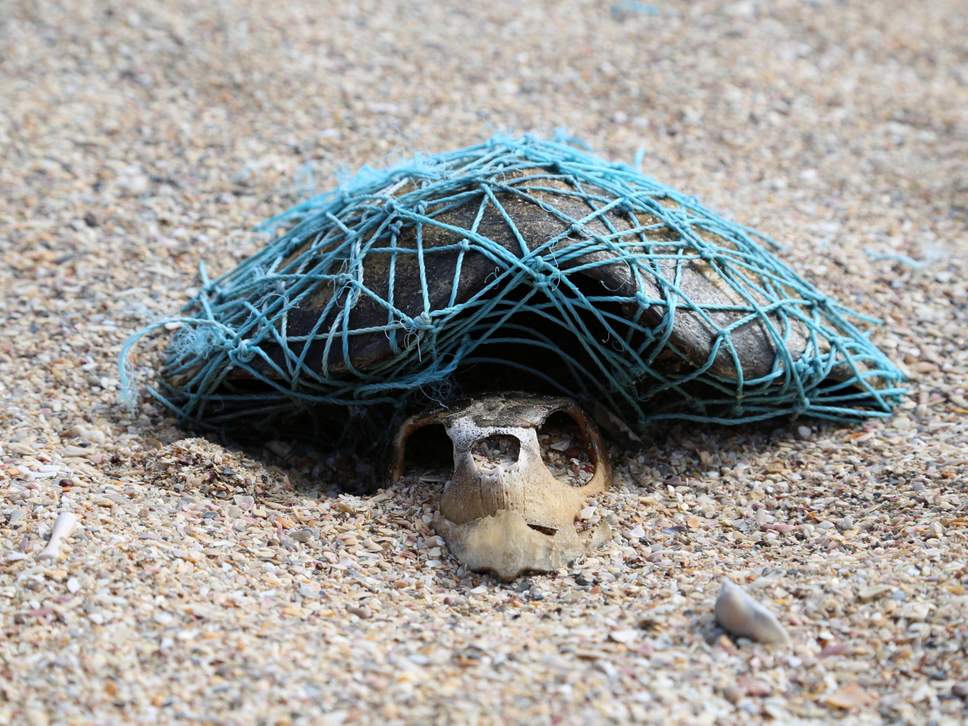THE Pacific Islands Development Forum (PIDF) has raised a growing concern of abandoned, lost and discarded fishing gear which is contributing to plastic pollution in our oceans.
Referred to as “ghost fishing gear”, PIDF secretary general François Martel stated that this has become a huge problem in our oceans.
Fishing gear lost from boats accounts for 10 per cent of all the plastic currently in the ocean. Some 640,000 tons of ghost gear enter the world’s oceans every year and can mutilate and kill marine animals for many years afterward.
According to a published research, lost and discarded fishing gear and nets, more commonly referred to as ghost gear, makes up close to 70 per cent of all macro-plastics in our ocean while a recent research from scientists affiliated with The Ocean Cleanup movement has revealed that 46 per cent of litter in the ever growing floating island of plastic waste, the North Pacific Garbage Patch are fishing gear.
While congratulating the Secretariat of the Pacific Regional Environment Programme (SPREP) for the recently held Clean Pacific Roundtable, Mr Martel highlighted the need that the surging momentum in global efforts to address plastic pollution was commendable.
But he said there were actions that policy makers could take to improve waste management, promote eco-friendly alternatives, educate consumers, enable voluntary reduction strategies and successfully implement bans or levies on the use and sale of single-use plastics.
“It is evident that there is still lots that needs to be done to stop the waves of plastic ocean but also there has been remarkable leadership shown by the Pacific in terms of taking proactive measures especially in terms of environmental stewardship and sustainable growth,” Mr Martel said.
Mr Martel also acknowledged in particular the efforts of the Government of Vanuatu in working with initiatives such as the Global Ghost Gear Initiative (GGGI), a cross-sectoral alliance, led by the World Animal Society (WAPS), committed to driving solutions to the problem of lost and abandoned fishing gear worldwide.
A pioneering pilot project in Vanuatu is tracking and marking Fishing Aggregate Devices (FAD) as lost FADs are one of the major cause of ghost gear.
GGGI is working with Vanuatu Fisheries Department to trial methods of tracking FADs to assist with loss-prevention and recovery in the future.
Together with Vanuatu, Tuvalu, Samoa, Tonga and Palau are also members of GGGI, and Mr Martel encourages more PIDF member countries to become part of this initiative to address this growing ocean plastic concern.


